What is OCD?
 OCD is a mental health disorder characterized by recurring and intrusive thoughts or impulses that cause distress, usually accompanied by repetitive behaviors or mental acts performed as a response to the obsessions. The intrusive thoughts are the “obsession” component of “obsessive compulsive disorder”, while the repetitive behaviors are the compulsions.
OCD is a mental health disorder characterized by recurring and intrusive thoughts or impulses that cause distress, usually accompanied by repetitive behaviors or mental acts performed as a response to the obsessions. The intrusive thoughts are the “obsession” component of “obsessive compulsive disorder”, while the repetitive behaviors are the compulsions.
Obsessions are unwanted and distressing thoughts or urges that persistently occur in a person’s mind. Obsessions common to OCD include fear of germs and contamination, a need for symmetry and order, disturbing thoughts, or fear of harm or danger to oneself or to loved ones.
Compulsions are repetitive behaviors that individuals with OCD feel compelled to perform. Failure to perform the behavior often induces high levels of anxiety, to the point of needing to go back and execute the routine properly. Compulsions include excessive handwashing or housecleaning, repetitive checking behavior (such as repeatedly checking door locks or household appliances), counting, touching objects, or arranging objects in a particular manner.
Who is At Risk for OCD?
Research is still underway to determine what causes OCD and understand risk factors. There are several possibilities that include genetic factors, biological factors, and environmental factors. It is not yet clear what role each of these factors plays in developing OCD.
Genetic link: A person with OCD is four times more likely to have another family member who has OCD than someone without OCD, suggesting OCD has a genetic predisposition. Studies have shown that having a parent or sibling with OCD is associated with a higher risk of developing the disorder.
Biological link: Brain imaging studies have shown that people with OCD often have differences in the frontal cortex and subcortical structures of the brain, areas of the brain that impact the ability to control behavior and emotional responses. Researchers have also found connections in several brain areas to obsessive thoughts, compulsive behavior, and associated fear and anxiety.
Environmental link: Stress, trauma, and potentially infections may cause someone to develop OCD. OCD is often linked to major life changes such as divorce, death in the family, abuse, or major life changes. In Leonardo DiCaprio’s case, he noted his OCD became much worse after he moved to Los Angeles – a major life change.
Prevalence of OCD in Riverside County
OCD affects between 1% to 3% of people on average. Based on those averages, in Riverside County, California, between 25,000 and 75,000 people may be dealing with OCD. For all of California, the numbers range from 400,000 on the low end to more than 1.1 million people who may be affected.



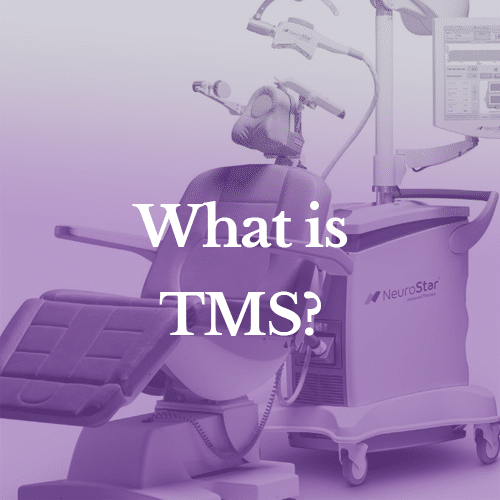
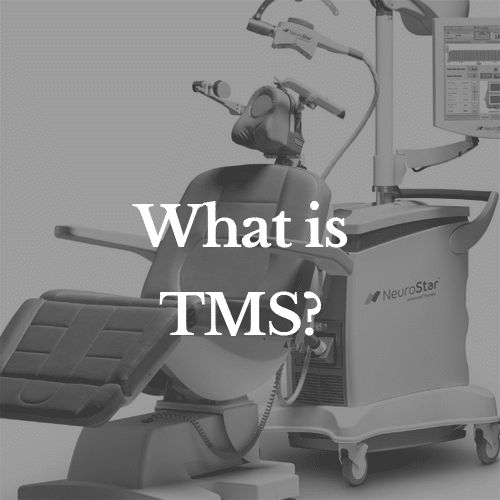
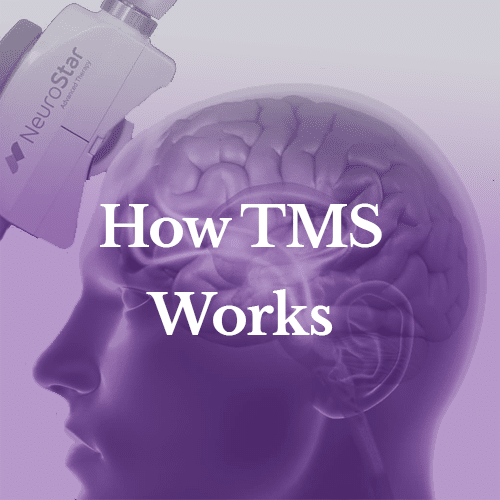
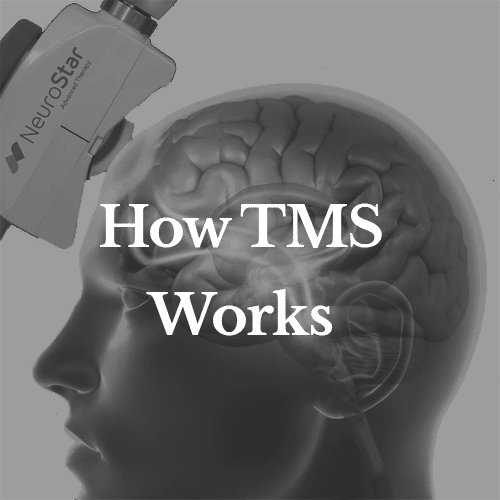





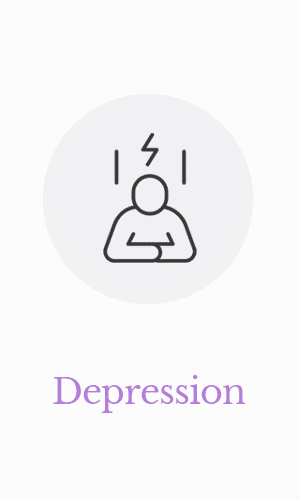
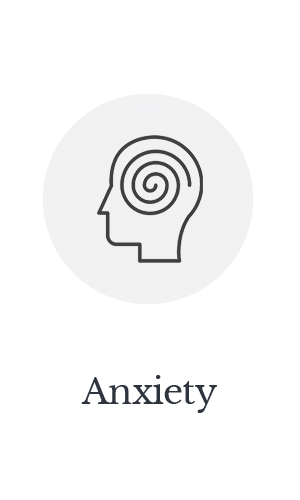
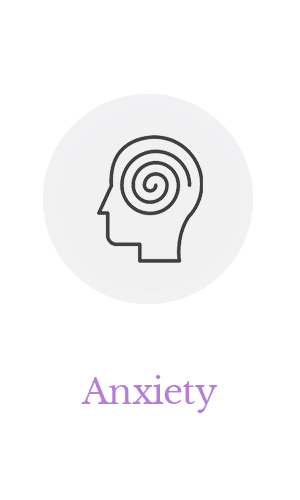


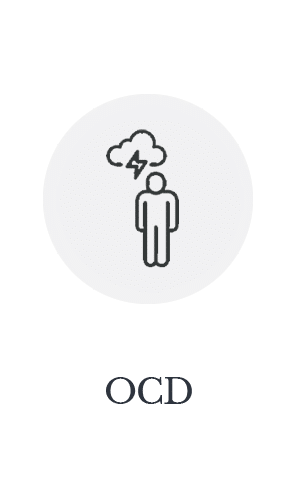
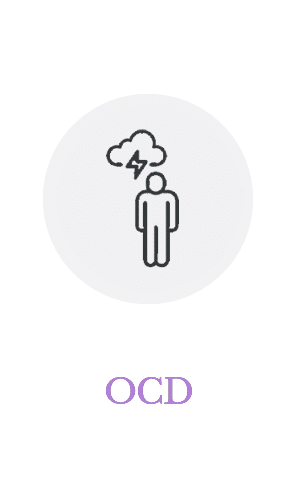
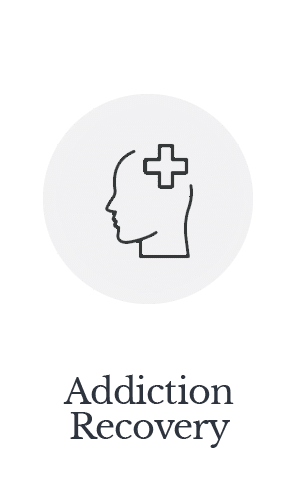
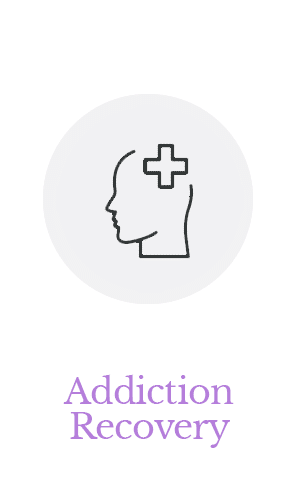
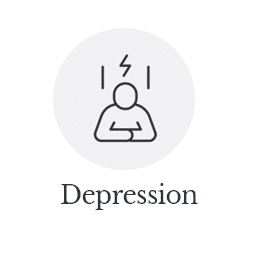
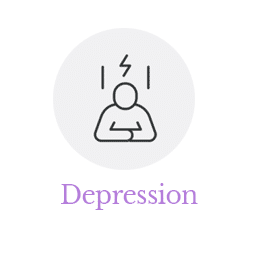
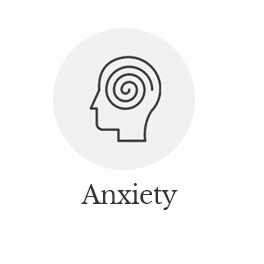
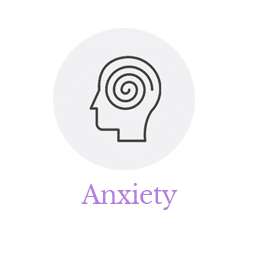
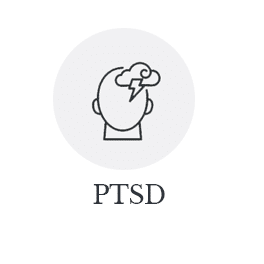
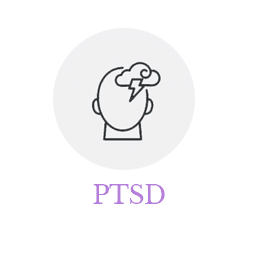
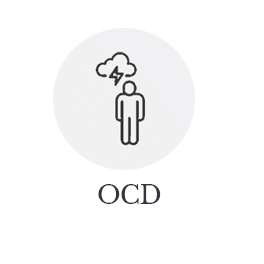
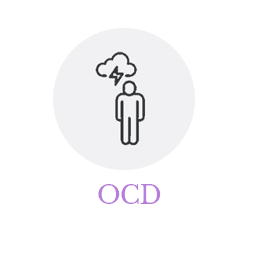
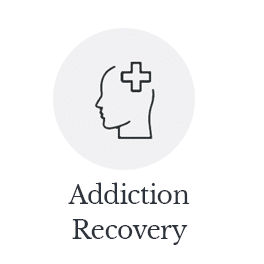
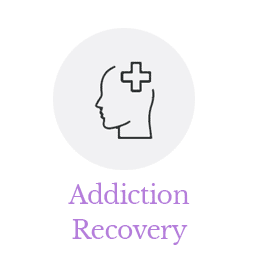
 OCD is a mental health disorder characterized by recurring and intrusive thoughts or impulses that cause distress, usually accompanied by repetitive behaviors or mental acts performed as a response to the obsessions. The intrusive thoughts are the “obsession” component of “obsessive compulsive disorder”, while the repetitive behaviors are the compulsions.
OCD is a mental health disorder characterized by recurring and intrusive thoughts or impulses that cause distress, usually accompanied by repetitive behaviors or mental acts performed as a response to the obsessions. The intrusive thoughts are the “obsession” component of “obsessive compulsive disorder”, while the repetitive behaviors are the compulsions.